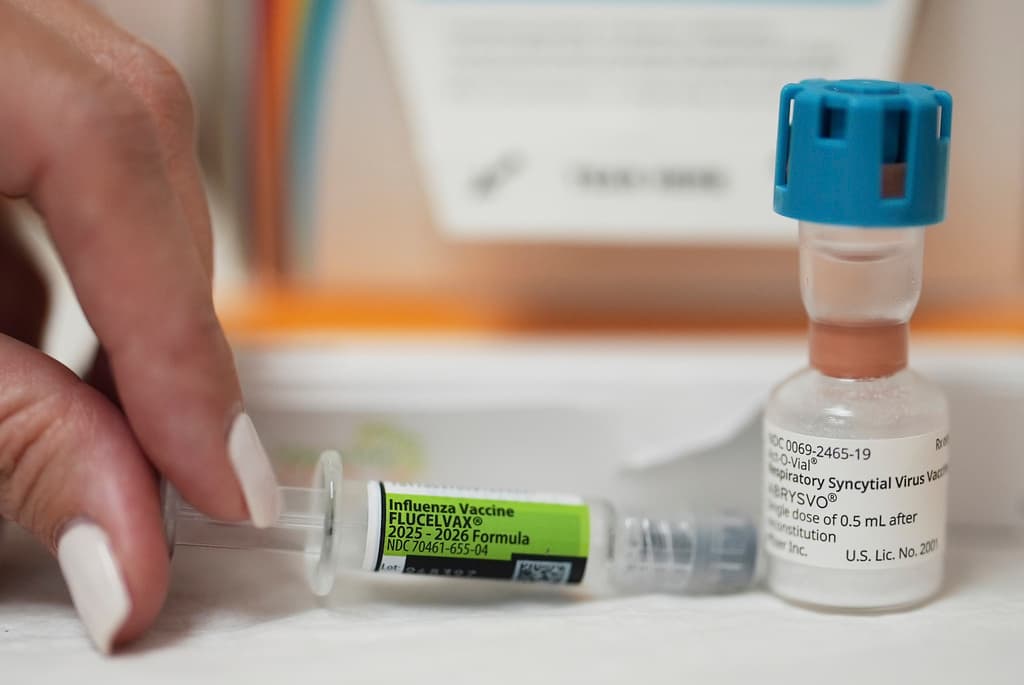
Colorado’s state board of education voted Wednesday to temporarily lower the passing score on high school math tests used to meet graduation requirements. It’s meant to avoid a situation where thousands of students might have faced a last-minute scramble to graduate this school year.
Test scores on the SAT math tests declined significantly this year, four points compared to last. But board members voted to lower the minimum passing score for two years not because students were performing worse. It’s because the evidence is mounting that the tests students took this year were harder and different with more complex questions. The SATs were also taken digitally for the first time by high school juniors last spring.
“It gives us time to react without making a permanent change and also without harming Colorado students who may also have been surprised by the results,” said Board Chair Rebecca McClellan.
There are at least 11 ways Colorado students can meet graduation requirements by showing proficiency in math and English, such as an industry certificate or capstone project. Getting a certain passing score (of over 500) on the math college entrance exam and the SAT is another way.
Officials said more than 80 percent of districts used the SAT as one way to measure proficiency in math.
They said at an August board meeting that the percentage of students using the score to meet the math SAT graduation requirement would have dropped from 45 percent in 2023 to 39 percent this year. That means about 3,450 students with lower scores would have had to find an alternative way this year to meet the math requirement to graduate.
The board unanimously agreed to lower the minimum passing score from 500 to 480 for two years. That would allow roughly the same number of students to meet the minimum passing score this year as in 2023.
“We have heard from some superintendents reporting that families, students, kids and counselors are concerned and that they're worrying for kids,” said Alyssa Pearson, deputy commissioner of the Colorado Department of Education. Officials said, based on the predictive PSAT tests students took in ninth and 10th grades, many more were expected to pass the SAT in the spring.
Board member Debora Scheffel said she was reluctant to lower the math passing score because she thinks it’s too low already.
“I hesitate to graduate kids who are not math proficient. And so this really troubles me,” Scheffel said.
But Pearson said test experts are seeing this iteration of the SAT as a different assessment.
“So it's hard to describe it as lowering. The score is lower than it was before, but the test is not the same.”
Board member Steven Durham said data show SAT math scores dropped significantly across the country.
“The most likely reason for the differential in the outcome is due to a change in the test rather than a change in student performance,” he said. He added that it’s also possible that juniors were in seventh and eighth grade during the pandemic, a critical time for math skills and that could have had an impact.
The board is also requiring state department of education officials to meet with higher education officials to come up with a new passing score that’s reflective of the same level of proficiency on the old test.









